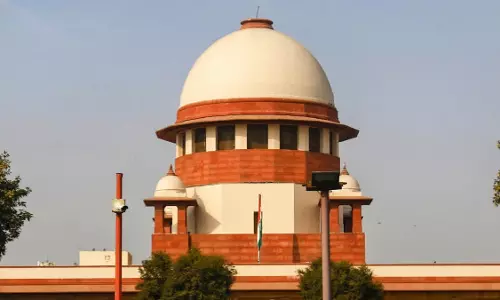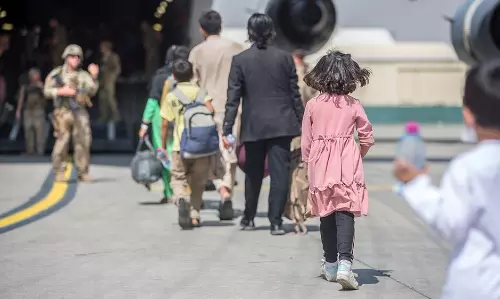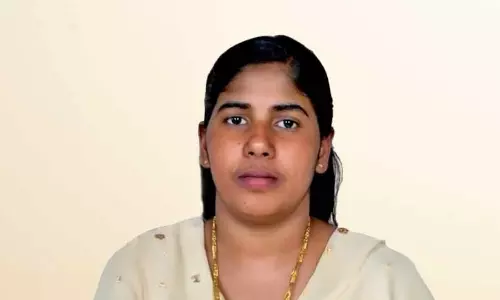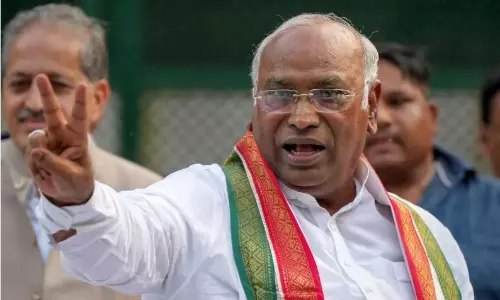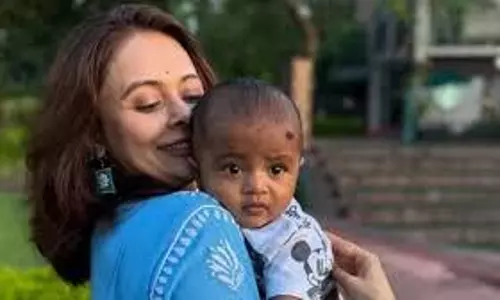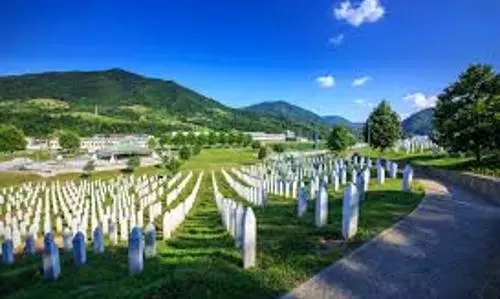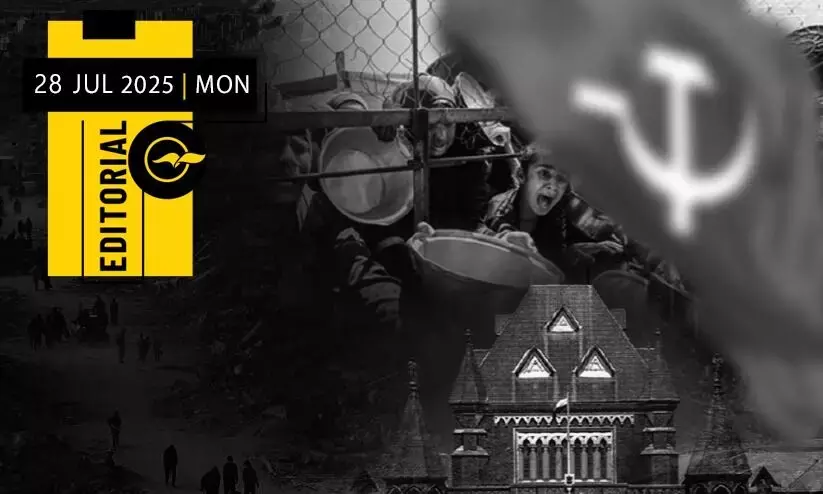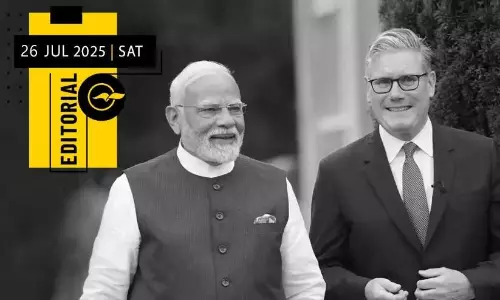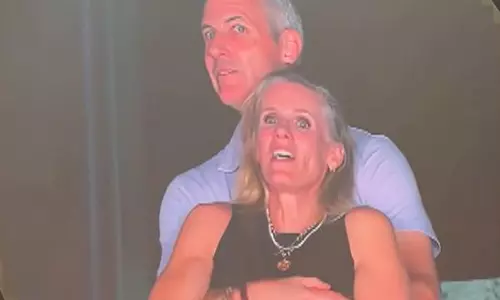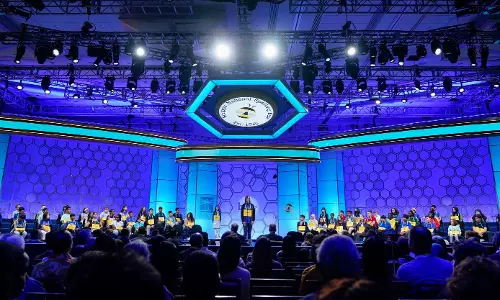
Failing Gaza as it starves would be a historic crime, Muslim leaders urge the Centre to act on Israel
text_fieldsWelcoming the Indian government’s reaffirmation of support for a sovereign Palestinian state at the UN General Assembly, the Muslim organisations and scholars urged the government to take a firm stand against Israel, beyond diplomatic formalities, for its relentless bombing of civilians, describing it as an act of genocide, and warned that failing to act while Gaza is starving would be a historic crime.
Amid the escalating humanitarian crisis in Gaza, prominent Muslim organisations and scholars convened at the Press Club of India on Monday to call for immediate intervention and stronger action from the Indian government.
Condemning the blockade and sustained bombardment by Israel, they urged New Delhi to take a firm stand against what they described as a genocide, and to move beyond diplomatic formalities in addressing the crisis.
Representatives from some of India's most influential Muslim bodies—including the Jamiat Ulama-e-Hind, All India Muslim Personal Law Board, Jamaat-e-Islami Hind, Markazi Jamiat Ahl-e-Hadees, and Students Islamic Organisation of India—joined the press conference, where they described the situation in Gaza as an unprecedented humanitarian disaster and demanded urgent international intervention.
The joint statement highlighted the near-total collapse of Gaza’s health infrastructure, with the vast majority of hospitals and healthcare centres rendered non-functional, while civilians, including newborns, face extreme deprivation due to the ongoing blockade.
The organisations underscored that essential services such as health, education, nutrition, and sanitation have disintegrated under continued Israeli bombardment, warning of an impending famine and complete societal breakdown.
While acknowledging India’s recent statement at the UN General Assembly calling for a ceasefire and reaffirming support for a sovereign Palestinian state, the leaders urged the government to take concrete steps, including the suspension of military and strategic cooperation with Israel until the attacks cease. They emphasised that India's historical position of siding with the oppressed must be upheld through action rather than statements alone.
The collective also appealed to Indian civil society, students, and intellectuals to express solidarity with the people of Palestine, stressing that the issue transcends religious identity and is fundamentally a humanitarian concern rooted in justice and dignity. They voiced concern over increasing repression against Palestine solidarity expressions in parts of India and insisted that supporting Palestine must not be equated with extremism.
Calling on Muslim-majority countries to adopt unified diplomatic and economic measures against Israel, the leaders demanded an immediate ceasefire and the opening of humanitarian corridors to ensure the delivery of essential aid. The conference concluded with a strong call for coordinated international efforts to stop the violence and prevent further catastrophe in Gaza.




